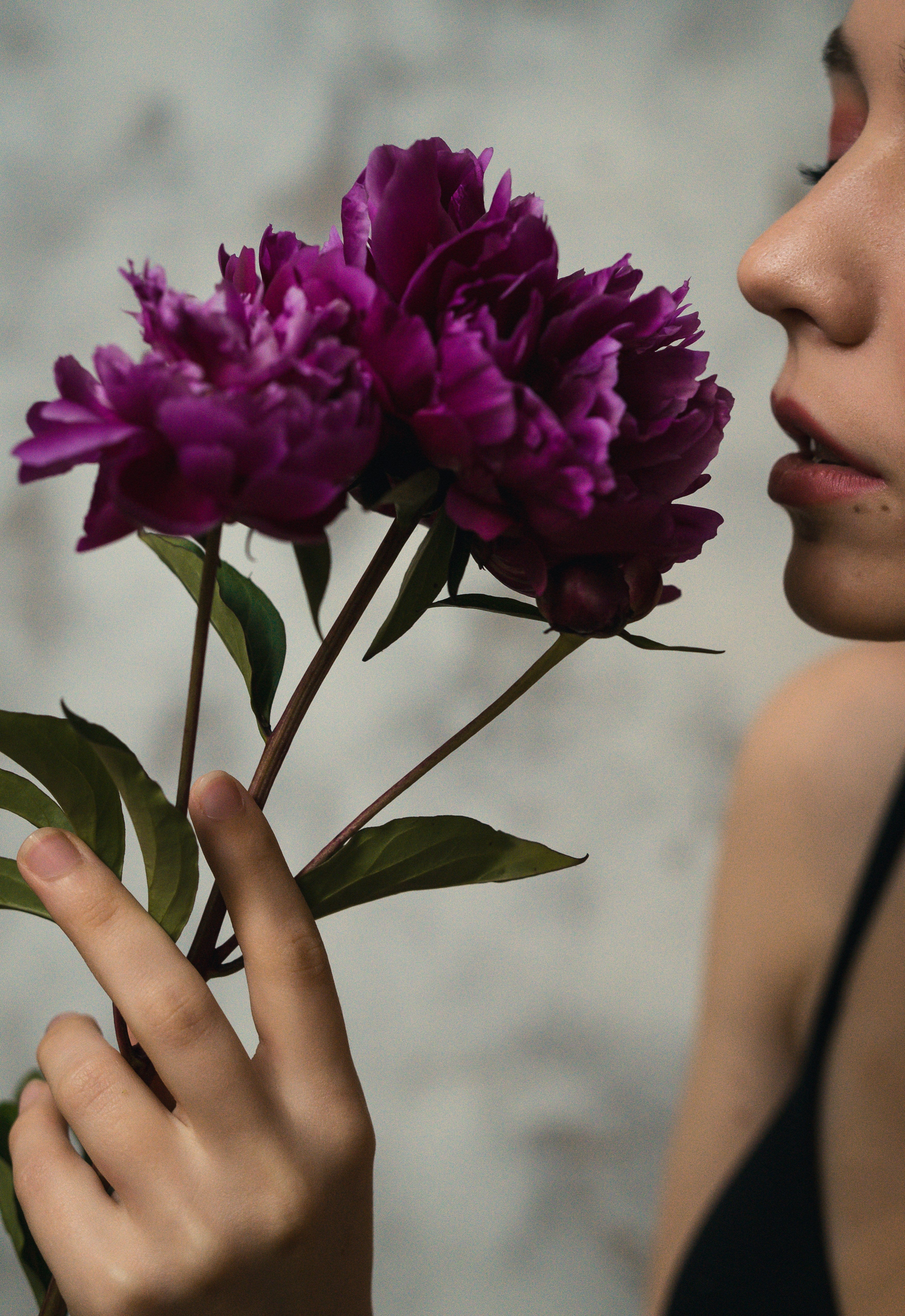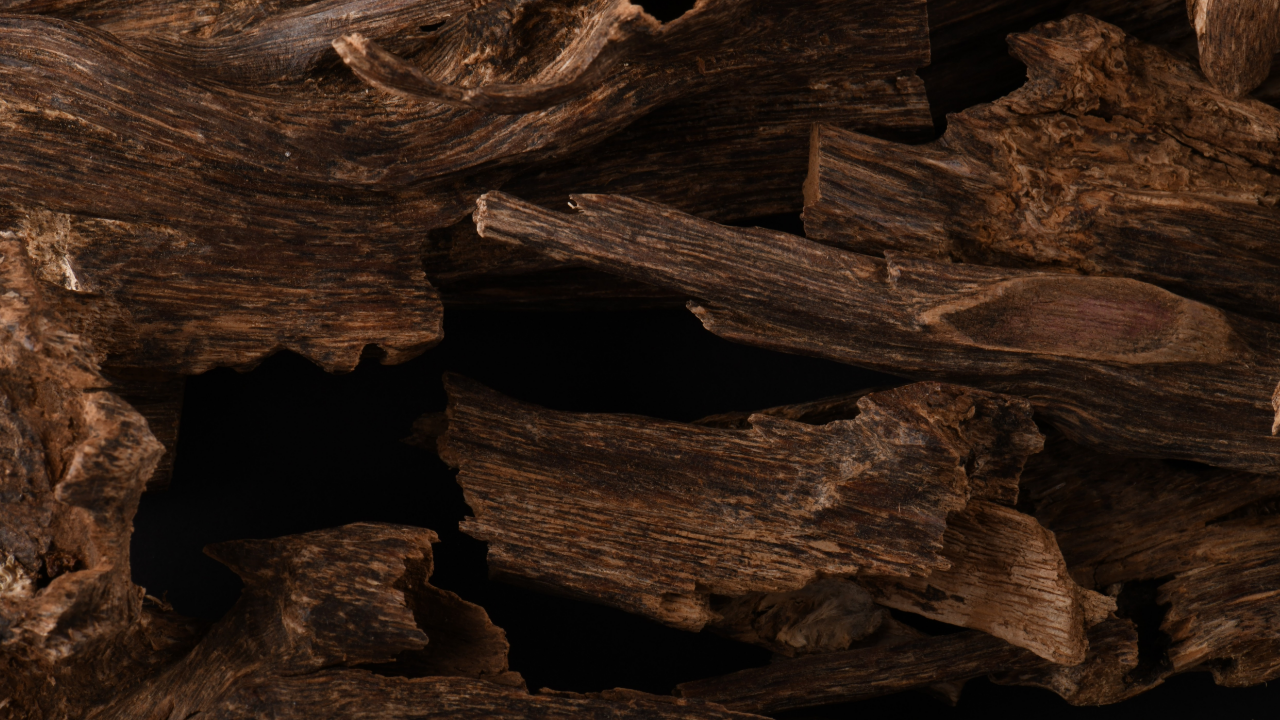Liquid Gold

How we get oud from the Aquilaria tree
DISCOVER THE ORIGINS AND VALUE OF AQUILARIA OUD
OUD has long been considered a valuable commodity across dynasties, empires, religions and geography. Why? Find out more about its cultural journey and why it is so sought after.
Scenting the Silk Road
Known as the ‘King of Incense’, Agar was extensively traded. Records from China’s Tang and Song Dynasties show it was a highly valued commodity, and its heady scent has historical connections stretching across Buddhism, Taoism, Islam and Christianity.
The pungent, earthy scent of Agarwood gave Hong Kong its name: the name translates from Cantonese as Fragrant Harbour. The scent is a timely reminder of how this former colonial trading port once played a pivotal role in the ancient incense trade to the Middle East and beyond. Central to this trade was Oud derived from Agarwood. So precious is it, that it can be priced at up to $100,000 per kilo which is why it’s often described as ‘liquid gold’. It is also known as the perfume of the Thousand and One Nights.
Where does oud come from?
Aquilaria trees are large evergreens from South East Asia. They were traditionally planted around villages for their Feng Shui powers. When the trees are damaged, a mould attacks the timber and the tree responds by creating a dark resin, known as agarwood. This dark resin is extremely precious, highly sought after across the Middle East and across Asia and coveted for its use in perfume and incense.
The scent of oud
It is powerful, powerful, sensual and seductive. One of its qualities is the long-lasting persistence on the skin. It’s rich woody smell ranges from sweet to earthy, it is slightly musty and nutty with notes of leather and spices depending on the species of the tree that produces the resin and on the extraction.
It is rich in charm, unmistakable and mysterious. The smell of Oud wood is full of character and is often combined with floral notes, particularly blended with Rose. It is undoubtedly a fragrance that evokes pure luxury and exclusivity.
Sustainable harvesting
In natural environments it’s often ancient trees that produce the resin, so Aquilaria trees in natural environments in the world’s forests are now protected to help save this endangered tree from extinction. Through research and trials with The Rainforest Project, Aquilaria Agarwood is now being cultivated and harvested sustainably on a small scale with young trees. The technique accelerates the natural defence responses of the tree and allows a sustainable yield of resin to be produced in relatively young trees. This cultivation is also providing new economic, non-timber forest products for Southeast Asia and other tropical regions of the world. This new economy in rural areas will help many of the world’s poorer communities.
This rare and precious ingredient is featured in both fragrances – Amber Aquilaria and Octavian – in our Emperor Collection.
View Oud perfumes from Electimuss



